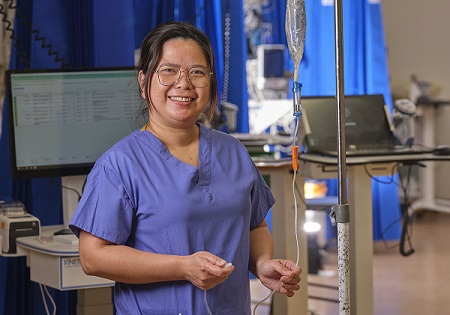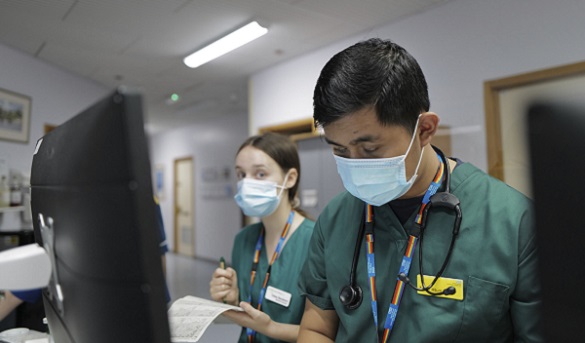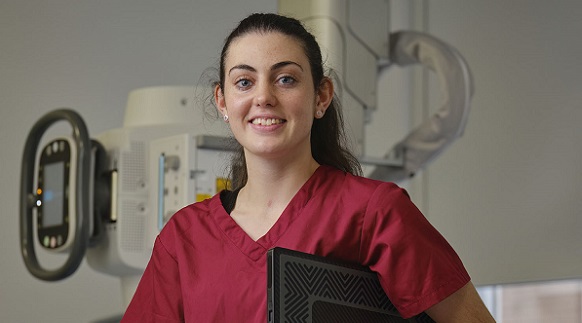Mentoring, requalifying, and re-registration are all covered in our generous Return to Practice package at the Royal Devon.
Operating Theatre Professionals
Operating department practitioners play a major role in each phase of a person’s operation. Theatres are an exciting setting for your healthcare career, involving a whole host of specialisms such as emergency, trauma, orthopaedics, obstetrics and general surgery.
Joining the team at the Royal Devon presents a whole host of opportunities, including the chance to work in different settings with a rotational work pattern.
It’s a brilliant way to glean exposure and experience. You’ll be making a difference every day, transforming the way our patients carry out day-to-day activities, improving their mobility and regaining their independence after illness, injury or trauma. Funding is available for continued professional development, so take your pick of the acute and community pathways that open up as you strive to progress.
What is it like to work at the Royal Devon?
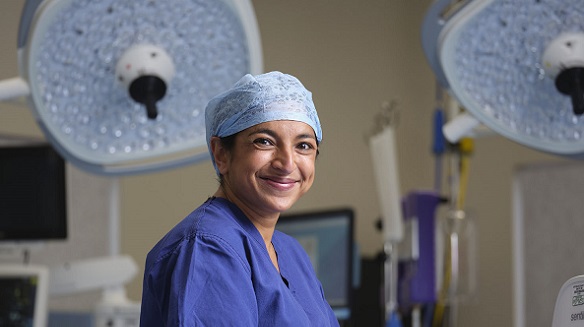
We are here for you every step of the way, and our busy and compassionate team offers huge potential for development with opportunities for apprenticeships, continued professional learning and advanced practice. Work is exhilarating, fast-paced and full of variety thanks to excellent rotations through theatres and other surgery departments.
You’ll also discover new environments as you work across departments and at community hospitals. Postgraduate education and continuing professional development (CPD) is actively encouraged in the department.
Becoming a Theatre Practitioner at the Royal Devon
How do I train to become a Theatre Practitioner
The first step to becoming a Theatre Practitioner is to take a degree level programme approved by the HCPC. This may be full-time or part-time if you are working in a relevant role. Once you have qualified, you will need to register with the HCPC, then you can start a Band 5 Registered role.
Newly qualified Theatre Practitioners
To become a Registered Theatre Practitioner, you will need a relevant degree. This can be achieved via an apprenticeship when working as an Assistant Practitioner. Once qualified, you will need to register with the Health and Care Professions Council.
Other routes into Theatres
Another potential career route will see you grow from a Healthcare Support Worker, gaining relevant qualifications and experience along the way. We will support you on your journey, providing opportunities to achieve qualifications as you progress along your ideal career route.
What does a career pathway look like?

There are so many ways to achieve a fulfilling and rewarding career as an Operating Theatre Practitioner. You may be starting afresh and looking for a brand new role, or perhaps you have dedicated a few years to other goals and are looking to return to practice. If you are interested in developing your role, we have a wealth of opportunities you can harness too.
To help you on your way, we produced a brochure to kick start your career with us.
Advancing your career
Registered Theatre Practitioners
Qualifying as a Theatre Practitioner is an exciting time and there are so many things you can do to continue your professional development. This could mean moving through pay bands as you gain experience, or focusing on a specialism you are interested in such as orthopedics, paediatrics or particular areas of surgery.
We have funding available for your continued professional development, with pathways that can open up progression into advanced practitioner and Consultant Radiographer roles.
Theatres Nurse
The first step to becoming a Band 5 or Band 6 Theatres Nurse is to take a degree programme approved by the Nursing and Midwifery Council (NMC). Once you have qualified, you will need to register with the NMC and begin your Preceptorship year as a Newly Qualified Nurse. As your career progresses and you gain experience, you’ll be able to train to become a specialist in Theatres.
Advanced Clinical Practitioners
Advanced Clinical Practitioners (band 8s) are educated to Master’s level and have developed the skills and knowledge to allow them to take on expanded roles and scope of practice caring for patients. These roles will see you take on increased responsibility in your job roles as well as delivering expert clinical practice, professional leadership, education, training, research and evaluation.
You’ll need to complete a Master’s Degree Level 7 qualification in your chosen subject. You’ll receive lots of guidance and support whilst you do so. There is now a level seven (master’s level) apprenticeship in advanced clinical practice available, which can be funded through the apprenticeship levy. You can learn more about this on the Health Education England website.
Your bespoke learning journey
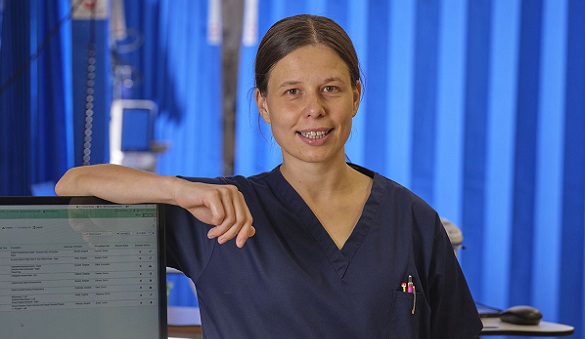
You’ll be supported to create your own personal development plan. This is used to identify your individual training needs, which can be met from the wide range of learning opportunities available such as clinical skills, management development, coaching and mentoring, IT skills and much more.
Experienced Theatre Practitioners
Welcome back
The Royal Devon can offer you fully-funded Return to Practice routes back into Theatres. We’ll give you dedicated time to care, providing a bespoke support package to help you on your way. We'll guide you through the process of re-registering with the HCPC and empower you to achieve the required criteria.
Overseas
If you’re interested in bringing your skills to England, you’ve come to the right place. When you work with us, you’ll join our passionate team and enjoy job security, a competitive salary and flexible hours.
Preceptiorship programme
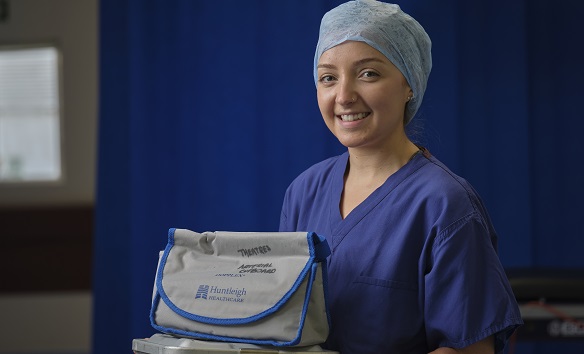
Whether you are newly qualified, joining us from outside the UK, or returning to practice, our Preceptorship Programme will help you find your feet so you feel as confident and competent as possible.
The structured programme consists of a series of study days, after which you will apply theory to practice and hone the skills you have learned as you gain experience within your clinical area. These study days are spread over the course of a year.

